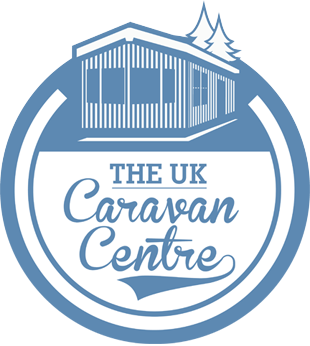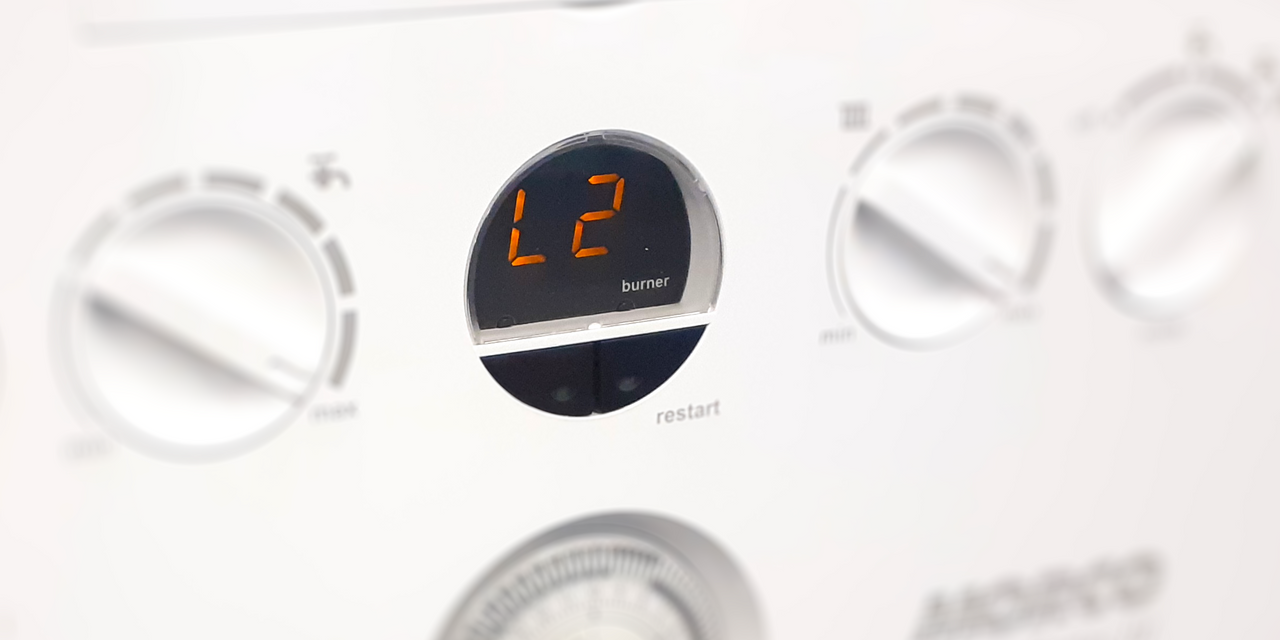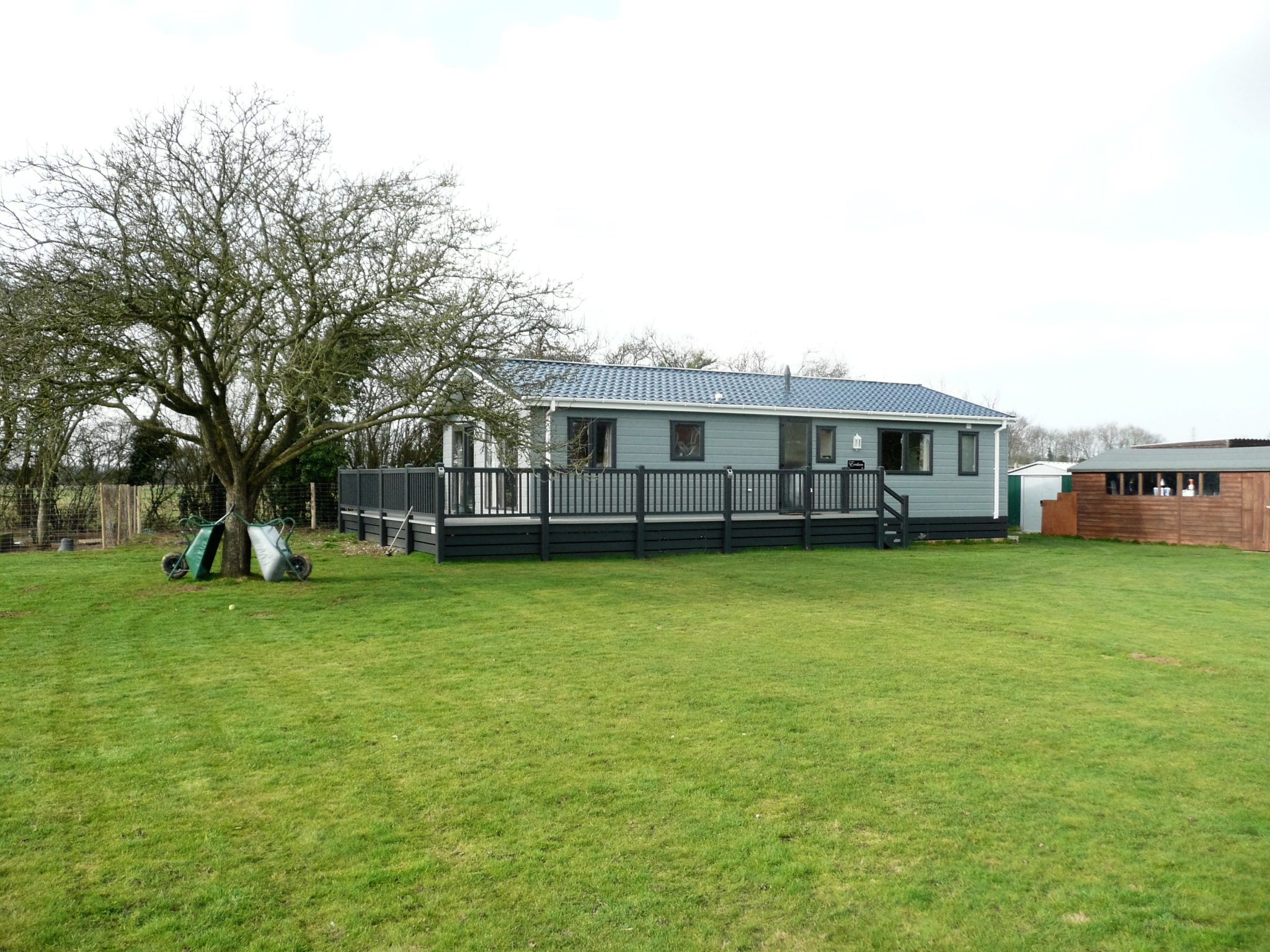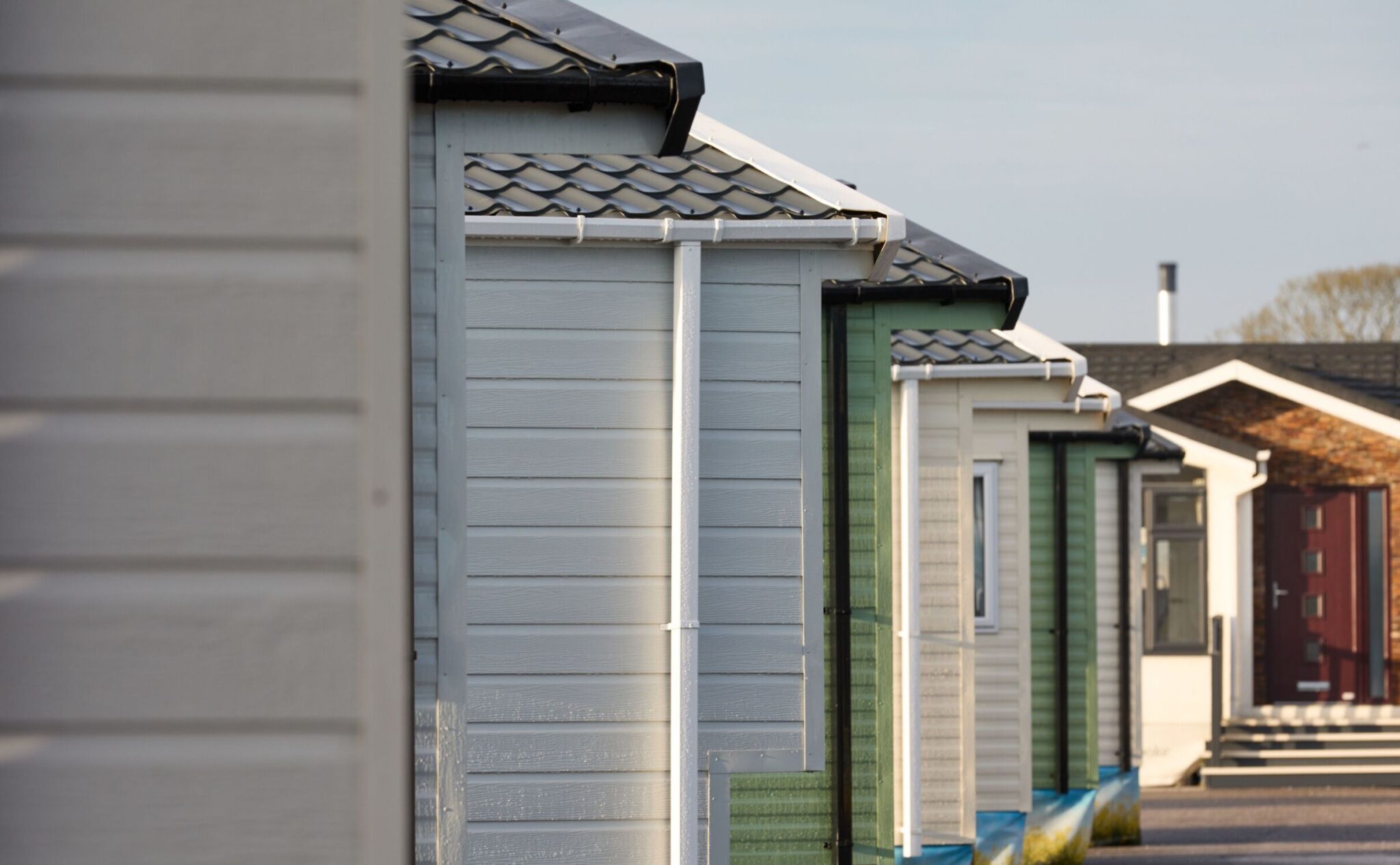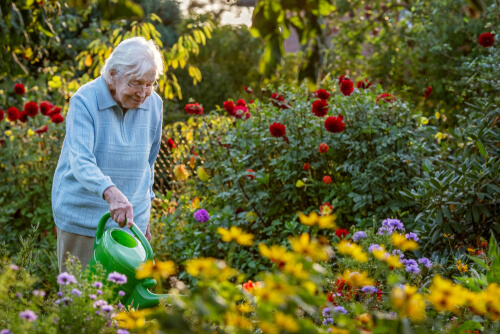Holidays give you that essential time to step away from the reality of the world and simply be in the moment. Stress and worries can get slowly washed away day by day as you unwind and distance yourself from the gruelling demands of life.
It’s no wonder then that dreams are spun as you sit in your holiday caravan, looking out at vast expanses of the coast, your ruffled feathers smoothed out by the calm serenity that surrounds you! Dreams of having your own small corner of paradise where you can recharge your batteries in a place that feels like your home rather than a borrowed space.
That dream may ultimately lead to the decision to purchase your own static caravan. Somewhere that you can call your own.
Like any major purchase, you need to be one hundred per cent sure that the decision you have made is the right one for you. Meanwhile, you need to avoid the pitfalls of buying a static caravan – pitfalls that have cost others both financially and emotionally; pitfalls that make you ask yourself, ‘are static caravans worth it?’
To help you avoid these pitfalls, we have put together five key areas which you must consider when looking to buy a static caravan.
Not checking the rules and regulations of the caravan park
Every caravan site, whether for holidays or residential caravan parks, has its own set of rules and regulations. Although they primarily follow the same guidelines, it is vital that you read and agree with the rules as outlined by the site management.
For example, although residents are allowed dogs on some Caravans sites, dog owners must agree to be responsible for keeping them under control and cleaning up after them. Other sites around the country prefer not to allow dogs at all. If you hate dogs and would prefer not to be bothered by them while staying in your static caravan, then you would be better advised to choose a site that stipulates no dogs.
Not checking out all the associated costs
You need to be aware of all the associated costs of running a static caravan once you have gone through the purchase. Again, different sites run their utilities in different ways, which is why it is so important for you to know that you need to ask these questions for full disclosure.
Many of the costs are no different to normal living costs – gas and electricity, water, council tax, and Wi-Fi costs. One of the main costs that you will need to cover on an annual basis is the pitch fees – this is the amount that you pay to keep the static caravan on a site.
Choosing somewhere too far away
One of the reasons why you are even looking into buying a static caravan is because it is a permanent place for you to escape to whenever you want to all year round (except most sites close around January and February, so do double-check this too).
With the best will in the world, unless the site you choose is easily accessible, you simply won’t get to it as often as you would like to. You need to weigh up the costs of buying your own static caravan with the costs of how often you will be using it. If you end up only going half a dozen times over the course of a year, you may be better off staying with renting a holiday caravan.
If, however, you can get there within an hour, and it is literally becoming a second home as you are there nearly every weekend, then it will be fulfilling that dream that has dogged you for so many years.
Expecting it to appreciate in the same way as property
Static caravans do not appreciate in the same way as property, and one of the biggest mistakes that people make is that they are a solid investment in the same way as bricks and mortar.
Your static caravan is an investment in your lifestyle rather than a financial one. Whether you buy second-hand static caravans or brand-new ones, they will depreciate over time. The return you get on your investment is the opportunity to spend more quality time with your family, to unwind in beautiful surroundings, to be able to turn up any time, open your static caravan door and know you are home. Your investment in your static caravan is an investment in your health and well-being.
